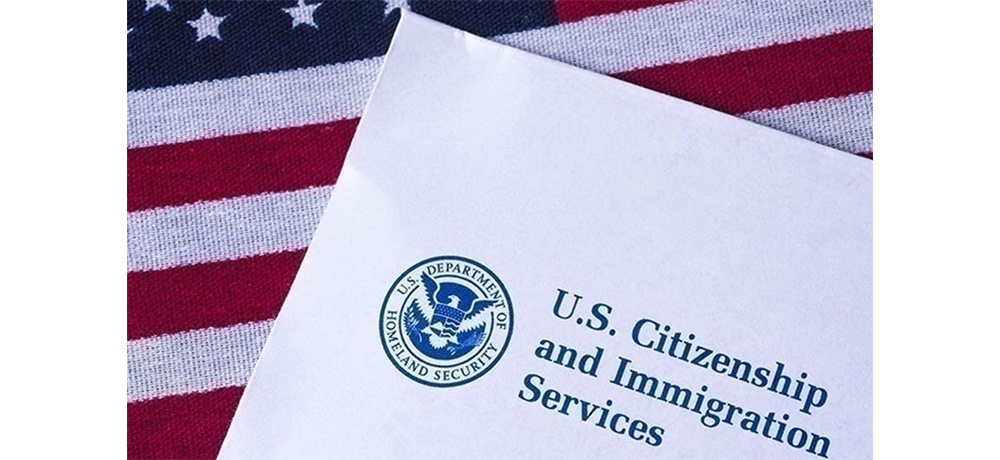
Department of Homeland Security No Longer Applying the August 2019 Public Charge Final Rule
Categories: Attorneys , Business Immigration , Business Law , Citizenship , Commercial Litigation , Commercial Transactions , Corporate Law , Green Cards , Immigration Law , International Law , Investment Visas , Law Firm , Lawyers , Legal Services , Real Estate , Software Agreements , Technology Law , Trusts And Estates
Link: https://www.uscis.gov/green-card/green-card-processes-and-procedures/public-charge
Pasricha & Patel
USCIS has announced that it is no longer applying the August 2019 Public Charge Final Rule. Instead, the USCIS will reverting to its previous year 2019 Interim Field Guidance and it is no longer considering an applicant’s receipt of Medicaid (with limited exceptions), public housing, or Supplemental Nutrition Assistance Program (SNAP) benefits as part of its public charge inadmissibility determination factors.
The 2019 Public Charge Final Rule had required immigrant petitioners and applicants for certain types of immigration benefits to provide information regarding their receipt of public benefits and also very detailed personal financial information and documents to the USCIS. That is no longer necessary.
Starting on March 9, 2021 and thereafter, all applicants and petitioners no longer have to give any information that was required in the Public Charge Final Rule. This means that applicants who file for I-485 adjustment of status do not have to provide a Form I-944 Declaration of Self-Sufficiency, or any evidence or documentation required on that form.
This also means the applicants and petitioners who file for extension of nonimmigrant stay and change of nonimmigrant status no longer need to provide information related to any receipt of public benefits on the Form I-129, I-129CW, Form I-539, and Form I-539A.
USCIS also confirms that if the applicant or petitioner has already provided information relating to the Form I-944, and the USCIS is adjudicating the application or petition on or after March 9, 2021, then the USCIS will not consider any information provided that is related solely to the Public Charge Final Rule. That includes information listed on the Form I-944 and any supporting documentation submitted in connection with that form, as well as other relevant Forms I-129, I-129CW, Form I-539, and Form I-539A.
USCIS also clarifies that if the applicant or the petitioner has received any Request for Further Evidence (RFE), or Notice of Intent to Deny (NOID) that requested information that is solely required by the Public Charge Final Rule, including but not limited to the Form I-944, and the RFE response is due on or after March 9, 2021, then the applicant or the petitioner do not need to provide the information that was previously required by the Public Charge Final Rule. However, the USCIS does say that you still need to respond to the RFE or NOID that is relevant to the immigration benefit eligibility that the applicant or the petitioner is seeking to apply for. Also, if the USCIS requires any additional information to make a public charge inadmissibility determination that is based on the previous 1999 Interim Field Guidance, then the USCIS will issue a follow-up RFE or NOID to the applicant or the petitioner, and you would have to still respond to this type of query.
Finally, USCIS states that they will have more clarification about how various forms are affected by this latest announcement. But until such time, the USCIS confirms that it will not reject any Form I-485 based on the inclusion or exclusion of the Form 944. USCIS will also not reject the Form I-129, Form I-129CW, Form I-539, or Form I-539A based on whether the questions about public benefits that are listed on the corresponding forms have been completed or not.
This announcement is welcome news for a lot of immigrants as there were serious concerns that the additional requirements imposed via the 2019 Public Charge Final Rule were onerous and unnecessary, and that it effectively became a ‘wealth test’ for applicants and petitioners that could not be supported by law.
As various immigration rules and regulations continue to evolve and change in this new administration, we do encourage you to continue to check on our site for all the latest news and updates regarding U.S. immigration developments.
Should you have any questions or concerns about this latest information, or if you have any specific questions about your own case, we suggest you contact our office to schedule formal consultation so that we can assist you further.